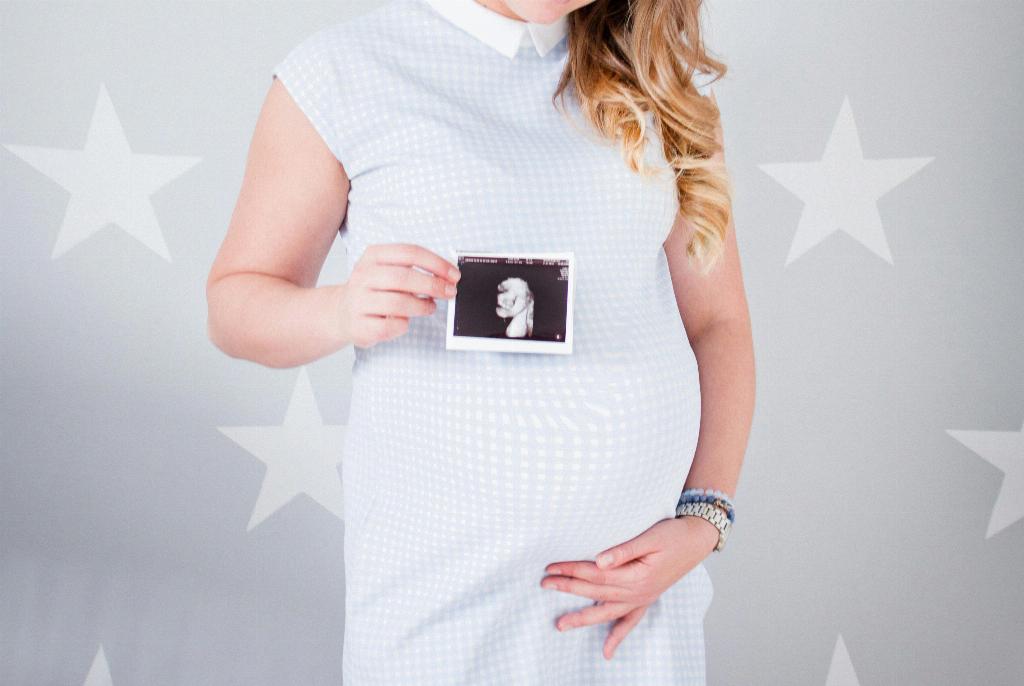When it comes to taking a pregnancy test at 5 weeks, there are several factors to consider. One essential aspect is the sensitivity of the test itself. At this early stage of pregnancy, the hormone hCG (human chorionic gonadotropin) may not be present in high enough levels to be detected by all pregnancy tests.
The accuracy of a pregnancy test can also be influenced by the timing of the test. Testing too early, even at 5 weeks, can result in a false negative result. It is generally recommended to wait until a missed period before taking a pregnancy test to increase the accuracy of the results.
Research by Ann Gronowski, PhD, highlights the possibility of false negative results in women several weeks into their pregnancies. This emphasizes the importance of understanding the limitations of pregnancy tests and the potential for variation in results.
While some pregnancy tests claim to provide accurate results as early as 5 days before a missed period, the reliability of these tests may vary. Factors such as the brand of the test, its sensitivity to hCG levels, and individual differences in hormone production can all affect the test’s accuracy.
It is essential to follow the instructions provided with the pregnancy test carefully to ensure accurate results. Factors such as the timing of the test, proper handling of the test kit, and avoiding any substances that may interfere with the test can all impact the reliability of the results.
Consulting with a healthcare provider is always recommended if there is uncertainty about the results of a pregnancy test. Healthcare professionals have access to more sensitive tests and can provide guidance on next steps, particularly if there is a possibility of early pregnancy.
At 5 weeks into a pregnancy, hCG levels are typically increasing rapidly, making it more likely for a pregnancy test to detect the hormone. However, variations in individual hormone levels and the sensitivity of different tests can still impact the accuracy of the results.
Factors such as the time of day the test is taken and how well-hydrated a person is can also play a role in the reliability of a pregnancy test result. Taking the test in the morning when hCG levels are most concentrated in urine can help improve the accuracy of the results.
Understanding the limitations of pregnancy tests and the potential for false negative results at 5 weeks can help individuals make informed decisions about their reproductive health. It is essential to approach the results of a pregnancy test with caution and seek medical advice if there are concerns.
Overall, while pregnancy tests can be a valuable tool for detecting early pregnancy, they are not infallible. At 5 weeks, the strength of a pregnancy test in providing accurate results can vary based on multiple factors, highlighting the importance of careful interpretation and follow-up with healthcare professionals.
By being aware of the factors that can influence the reliability of a pregnancy test at 5 weeks, individuals can approach the testing process with a better understanding of its limitations and potential outcomes. Clear communication with healthcare providers and proper test administration can help ensure the most accurate results.

